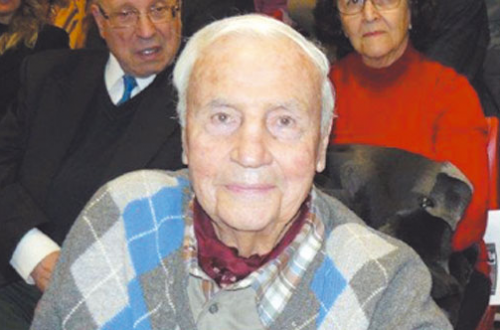This month’s Foreign Affairs contains a must-read article by Khalil Shikaki, the Director of the Palestinian Center for Policy and Survey Research in Ramallah.
Shikaki’s thesis revisits well trodden ground. Following the second intifada, under attack externally by Israel, and internally, by its own corruption, the Palestinian Authority lost authority and legitimacy in the eyes of ordinary palestinians, and alienated the “young guard” in Fatah, who increasingly became the natural allies of Hamas and the Palestinian Islamic Jihad.
His conclusion is that the PA elections must be held, and soon. In the absence of such elections, Shikaki foresees an increasingly violent power struggle in Gaza and the West Bank, the inevitable fragmenting of the PA, and the disappearance of a legitimate negotiating partner for peace. By contrast, PA elections – preceeding the withdrawal from Gaza – offer the following possibilities:
Holding elections in the Palestinian territories occupied in 1967 will achieve three principal objectives. First, it will restore the PA’s legitimacy with the Palestinian people, allowing the government to take political risks for the sake of national security. The PA’s comprehensive crackdown on Islamist militants in March 1996 could not have taken place had the Palestinian leadership not been validated two months earlier by the first national elections. Second, elections will begin to phase out the old guard peacefully. Even if-or more accurately, when-Arafat is reelected as president, his power will be significantly constrained. This opening will provide Hamas and the young guard with the opportunity to capitalize on the popularity they gained during the intifada and translate it into parliamentary seats. With these forces integrated into the political system, the new PA will finally have the strength to crack down on vigilante violence and collect illegal arms.
Finally, elections will institutionalize the principles of democracy, accountability, and good governance in the Palestinian political system. Elections should be based on the March 2003 constitutional amendments that shifted authority from the president to the cabinet and the prime minister. After the elections strip the old guard of much of its power, Arafat and his cohort will no longer be able to resist these fundamental changes. The Palestinian middle class, devastated during the intifada, will gain influence and counterbalance the government’s authority. No single leader will again possess the absolute, concentrated power that Arafat now commands.
For an election to produce the necessary conclusive result – a result which would instil legitimacy on the PA and provide a launch pad for reform – Arafat is needed. Without Arafat – the main obstacle to rebuilding the PA as a trusted and effective political force – reform is still possible.
Its just going to be much more difficult.
